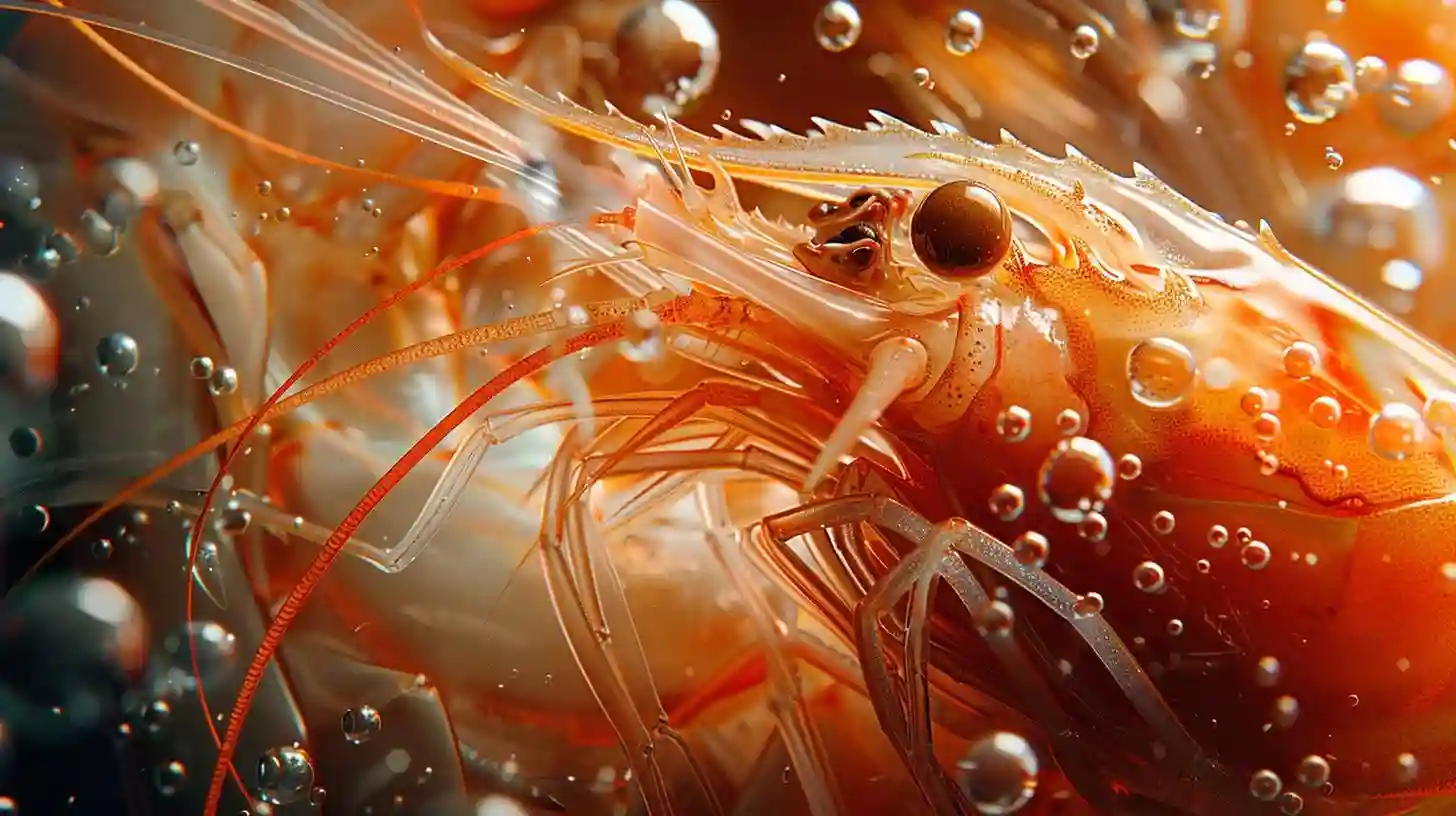
**Understanding Feline Intelligence: A Deep Dive into Cat Cognition**
The world of domesticated pets often conjures images of cuddly companions providing comfort and affection. Among these, cats stand out for their enigmatic behavior and independent nature. While often underestimated in terms of intelligence, cats possess remarkable cognitive capabilities that challenge our preconceived notions. Understanding feline intelligence not only reshapes how we view these creatures but also enriches our relationships with them.
At first glance, a cat's typical behavior may seem aloof or indifferent. They may stroll away when called, pounce on invisible prey, or appear nonchalant toward human despair. Such behaviors might lead to assumptions that they lack the intelligence exhibited by dogs. However, observational studies reveal that cats possess a unique form of intelligence that is often misinterpreted due to their independent demeanor.
One key measure of intelligence in animals is problem-solving capability, and cats demonstrate impressive skills in this area. Many cat owners have witnessed their pets cleverly figuring out mechanisms to obtain food, illustrating critical thinking and resourcefulness. For instance, cats engage in elaborate efforts to access treats hidden inside toys or puzzles, adapting to challenges and persisting until they achieve their goals.
Another aspect of feline intelligence is their learning ability. Cats actively engage with their environment and often mimic behaviors they observe. This observational learning allows them to open doors or even operate levers to reach their food. Their capacity to innovate based on experience indicates a higher level of intelligence.
Moreover, cats display strong spatial awareness. They navigate their environments with remarkable agility and precision, showcasing their ability to assess surroundings, understand distances, and make split-second decisions. This skill is evident when they maneuver through homes filled with furniture or complex outdoor spaces.
Social intelligence among cats cannot be overlooked. Although naturally solitary hunters, cats possess a sophisticated social structure that enables effective communication with humans and other animals. They utilize vocalizations, body language, and scent marking to express needs and intentions. Cats adapt their strategies based on their owners' reactions, highlighting their profound understanding of the human-feline bond.
Additionally, cats develop distinct vocalizations specifically for human interaction, showcasing adaptability and a nuanced understanding of communication. Their unique tones and pitches communicate specific needs, underscoring their awareness of human behavior.
Feline territorial behaviors also shed light on their cognitive capabilities. They establish social hierarchies through scent marking and visual displays, requiring negotiation and compromise in multi-cat households. Such behaviors reflect not only memory and recall but also the ability to interpret and respond to social cues from other felines.
Feeding behaviors provide another insight into their intelligence. Cats engage in specific rituals before eating, such as stalking or inspecting their food. These behaviors indicate a cognitive understanding of their needs and decision-making processes.
Research has shown that cats possess an understanding of cause and effect, evident in their experimentation with toys. Such exploration fosters learning and cognitive growth, marking their persistent curiosity about the world.
In comparing canine and feline intelligence, studies indicate that cats may rival dogs in various cognitive skills. Their ability to adapt, learn from experience, and interpret signals showcases a different archetype of intelligence rooted in autonomy and resilience.
Beyond behavioral intelligence, cats exhibit emotional intelligence by forming deep bonds with their owners. Many owners report that their pets sense changes in their emotional state and respond with comfort and companionship, revealing a captivating level of empathy.
To further unveil feline intelligence, providing mentally stimulating environments—like interactive toys and puzzle feeders—can enhance their cognitive skills. Engaging their curiosity not only benefits them psychologically but also strengthens the human-feline bond.
In conclusion, the intelligence of our feline companions spans problem-solving, social understanding, and emotional responsiveness. By exploring the many layers of feline cognition, we gain a deeper appreciation for their unique personalities and complex behaviors. As we embrace the myriad ways in which cats exhibit intelligence, we foster a richer companionship that benefits both their lives and ours.
Unveiling the Hidden Intelligence of Cats: Beyond Cuddly Companions
Discover the surprising cognitive abilities of cats, showcasing their problem-solving skills and social awareness. These remarkable creatures possess a unique intelligence that challenges the notion of them as mere pets, proving they are insightful companions in their own right.
Travel





















